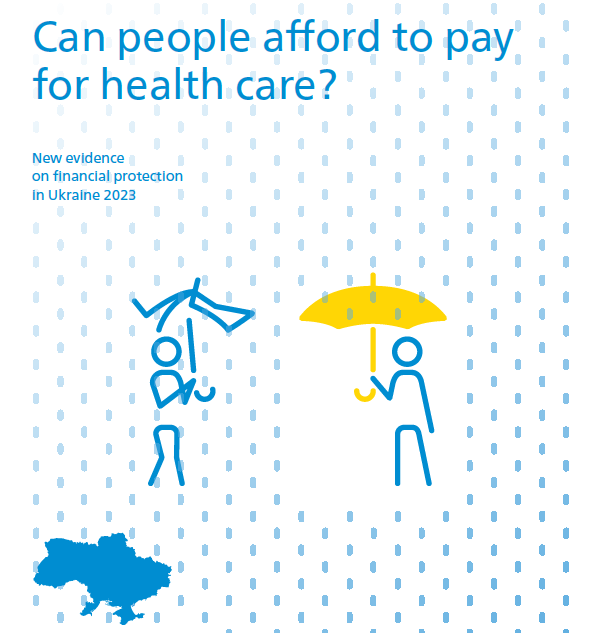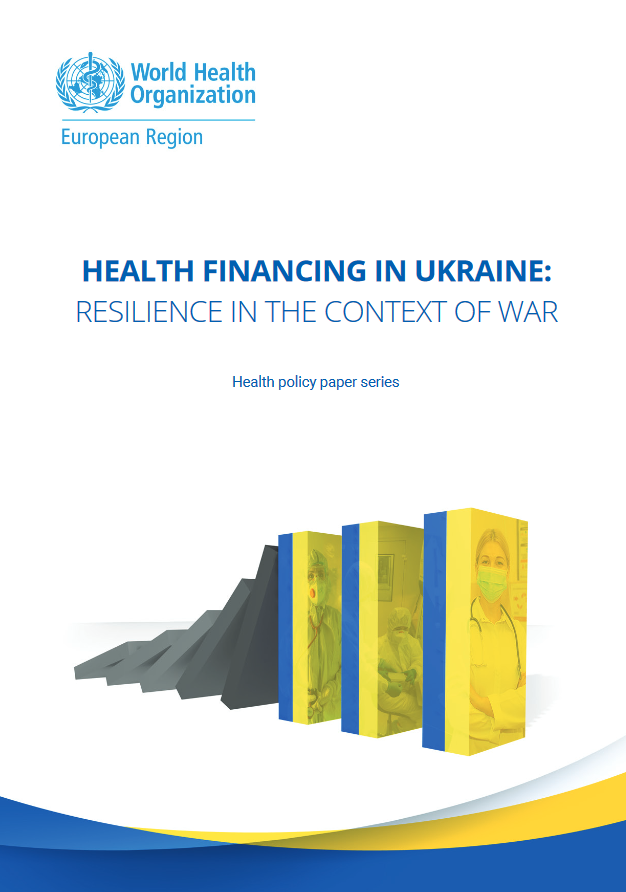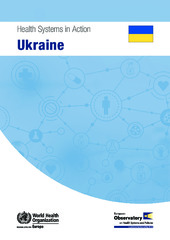In a recent commentary article in Health Policy and Planning, authors Jarno Habicht (World Health Organization Office for Ukraine), Mark Hellowell (School of Social and Political Science, University of Edinburgh, United Kingdom), and Joe Kutzin (Independent Consultant) draw on Ukraine’s experience in illustrating how “health financing arrangements, designed in accordance with UHC principles, can play in strengthening health system resilience” (read the full text of the article here).
Key messages suggested by the authors include the following:
In the aftermath of Russia’s military response to the 2014 Revolution of Dignity, the government of Ukraine implemented a package of health financing reforms aimed at universal health coverage (UHC).
By the time of Russia’s full-scale, nationwide, invasion of Ukraine on 24 February 2022, these reforms had established: (i) a guaranteed benefits package for the whole population, funded by general government revenues; (ii) a new ‘single purchaser agency, the National Health Service of Ukraine; (iii) explicit budgetary prioritization of primary health care; (iv) a shift from paying health facilities for ‘inputs’ to paying them for patient coverage, or patient care and (v) an e-health information system, supporting the above.
We argue that these systems and institutions strengthened Ukraine’s ability to maintain the core health system functions in the most conflict-affected regions, and lead effective responses to the wider economic, demographic and epidemiological impacts of the war.
Ukraine’s experience highlights the role that health financing arrangements designed in accordance with UHC principles can play in strengthening health system resilience, even in the face of war.





